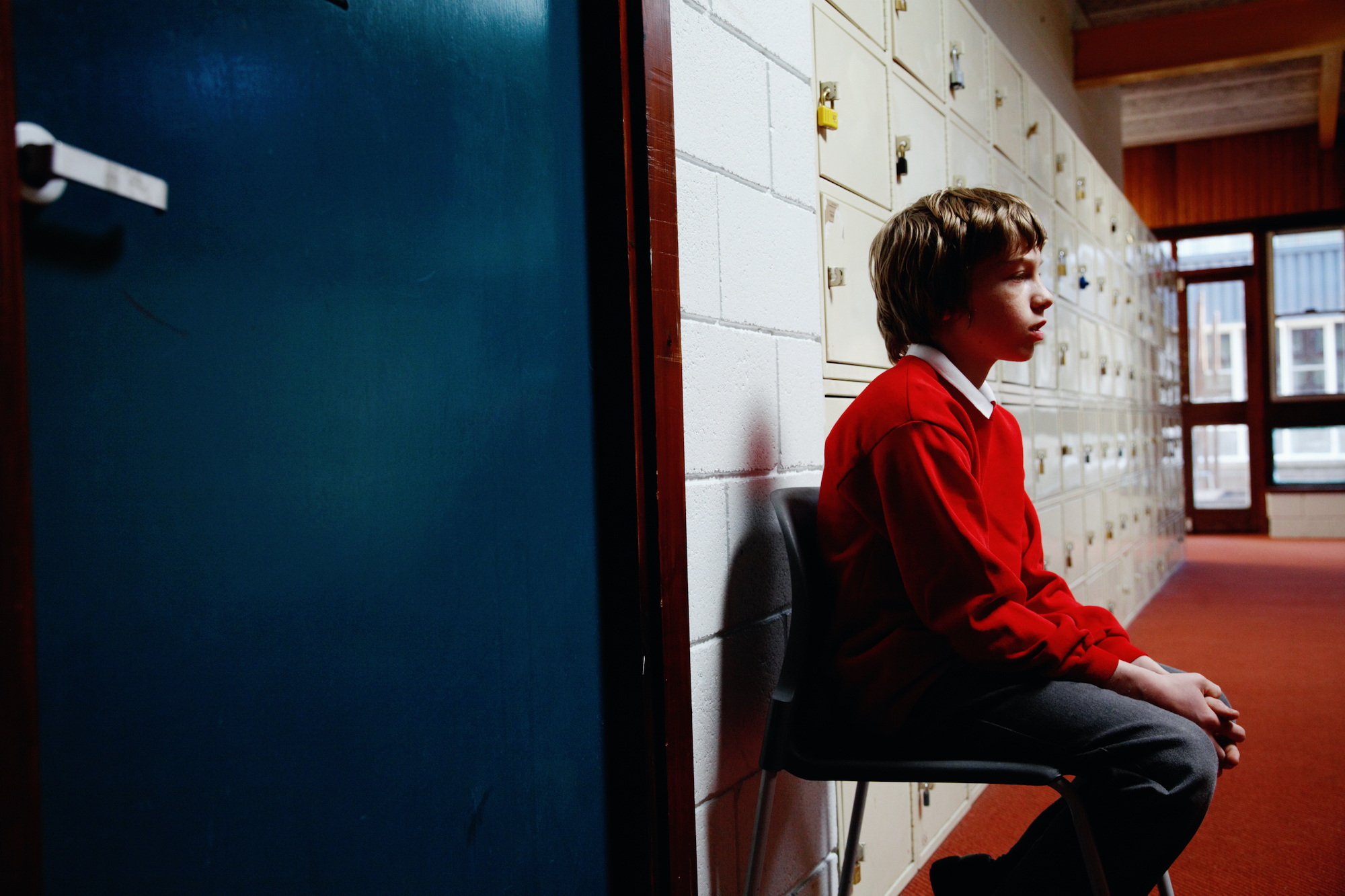The intense pain and disparities in today’s society have been amplified by the dual pandemics of COVID-19 and institutional racism. With the growth of the Black Lives Matter movement, conversation regarding defunding law enforcement is currently in the spotlight. It is important to understand the many complexities and meanings of this effort.
The Disconnect Between Communities and Law Enforcement: Dr. Diana Concannon
Below are some insights from Dr. Diana Concannon, PsyD licensed psychologist and crisis response expert and Dean of the California School of Forensic Studies at Alliant International University, regarding the defunding of law enforcement.
The Criminalization of School Discipline
The current “defund law enforcement” movements are often misunderstood, overly simplified, and demoralizing to both law enforcement officers and communities in need. As is often the case, an “all or nothing” approach to public safety – at the least – misses opportunities for creative and lasting solutions to fundamental problems. One example is current steps to remove sworn and non-sworn security from schools. Typically referred to as school resource officers (SROs), the presence of officers in schools increased exponentially in the 1990s following several highly publicized school shootings. In the decades since, SROs have drawn criticism, which has been amplified during the Black Lives Matter protests. Research has shown, for example, that schools with SROs are more likely to refer students with disciplinary concerns – including those who engage in minor infractions – to law enforcement officers, rather than mental health professionals or other available resources. Additionally, students of color are significantly more likely to receive these referrals. The criminalization of school discipline has been referred to as the “school to prison pipeline.”
Re-Envisioning the SRO
While clearly one way to prevent the application of overly harsh interventions to students is to remove SROs, another could be to change the SRO approach to intervention. Schools are communities. Applying a community policing approach to this microcosm would support safety and welfare of the academy, provide opportunities for positive contacts between students, faculty, and security or law enforcement, and – at its finest – serve to eradicate some of the biases and barriers that exist between law enforcement and members of our community.
The polarity between the community and our law enforcement has left us in dire need of compromise and solution. Starting with the re-envisioning of SROs allows for the relationship between the two parties to be eradicated at the very core of our society, our youth. A community policing approach from law enforcement can work towards a healthy environment where they work to build up and create a safe and comfortable atmosphere for the students, rather than a climate of fear and disparity.
Advance Your Career
If you are considering career advancement in security or law enforcement and would like to learn more about how forensic leadership can help navigate complex issues, visit our MS in Forensic Leadership & Administration for more information on our high-quality courses led by Dr. Concannon and other forensic experts.
The content of this page is only for informational purposes and is not intended, expressly or by implication, as a guarantee of employment or salary, which vary based on many factors including but not limited to education, credentials, and experience. Alliant International University explicitly makes no representations or guarantees about the accuracy of the information provided by any prospective employer or any other website. Salary information available on the internet may not reflect the typical experience of Alliant graduates. Alliant does not guarantee that any graduate will be placed with a particular employer or in any specific employment position.
